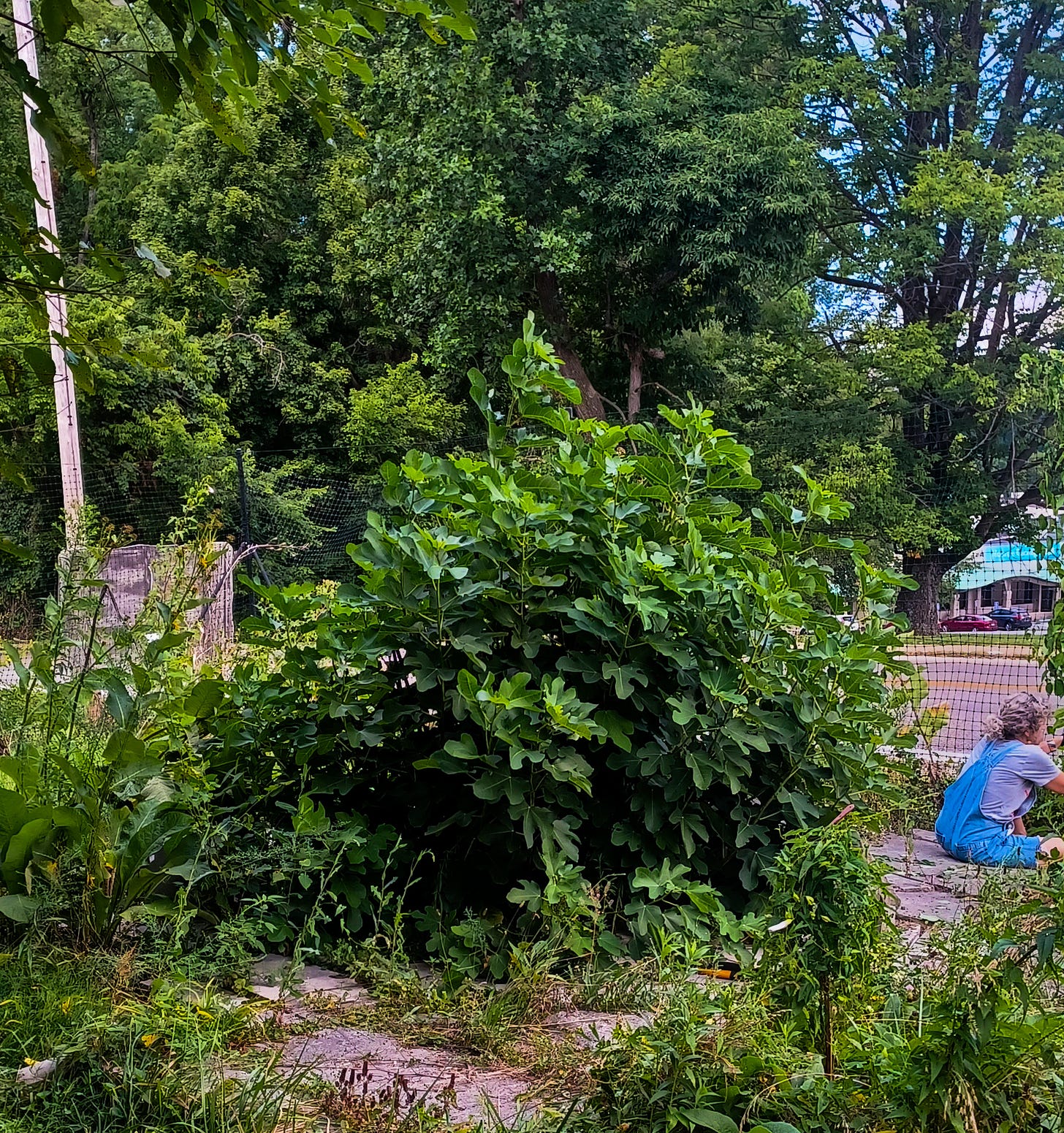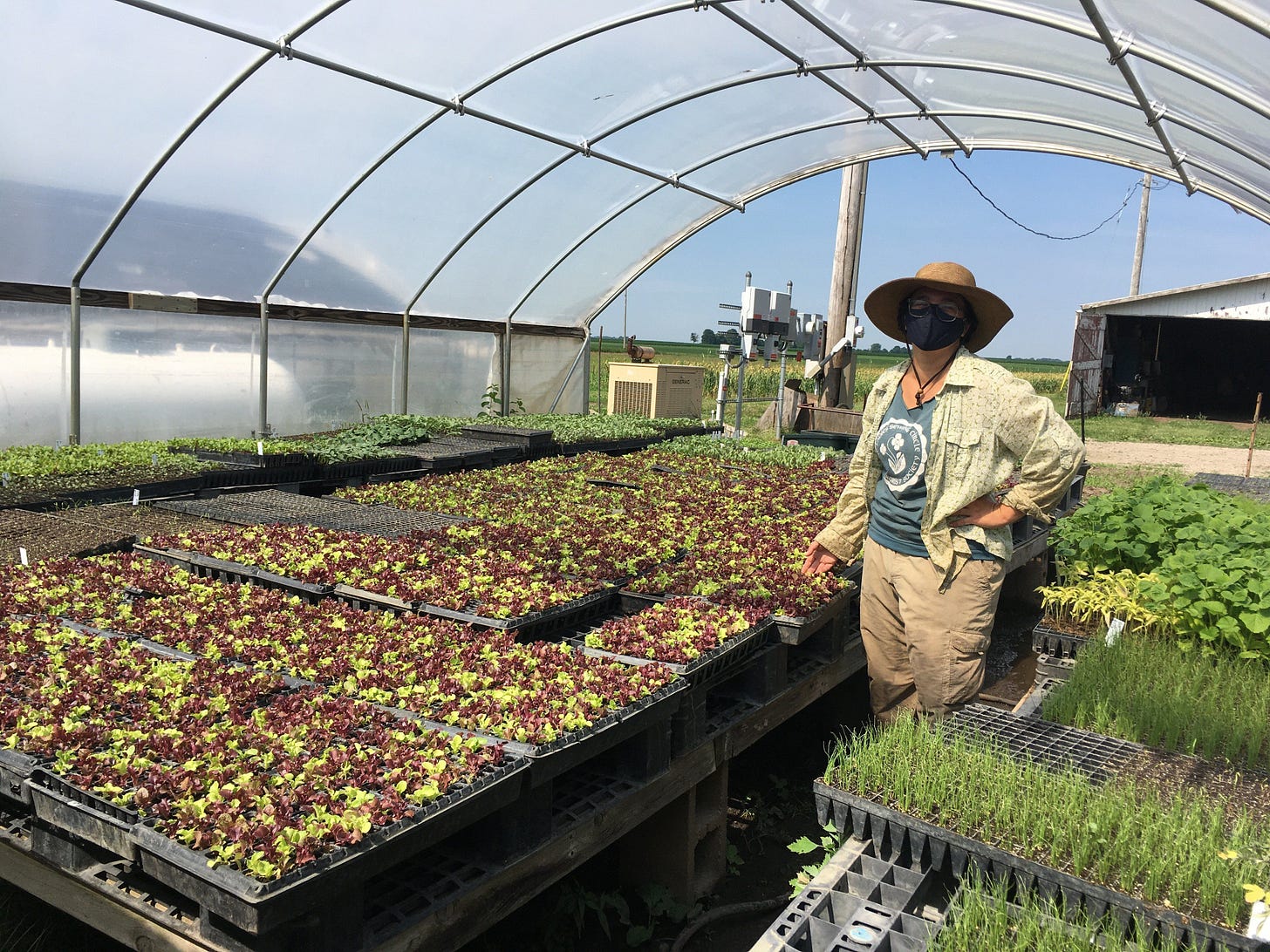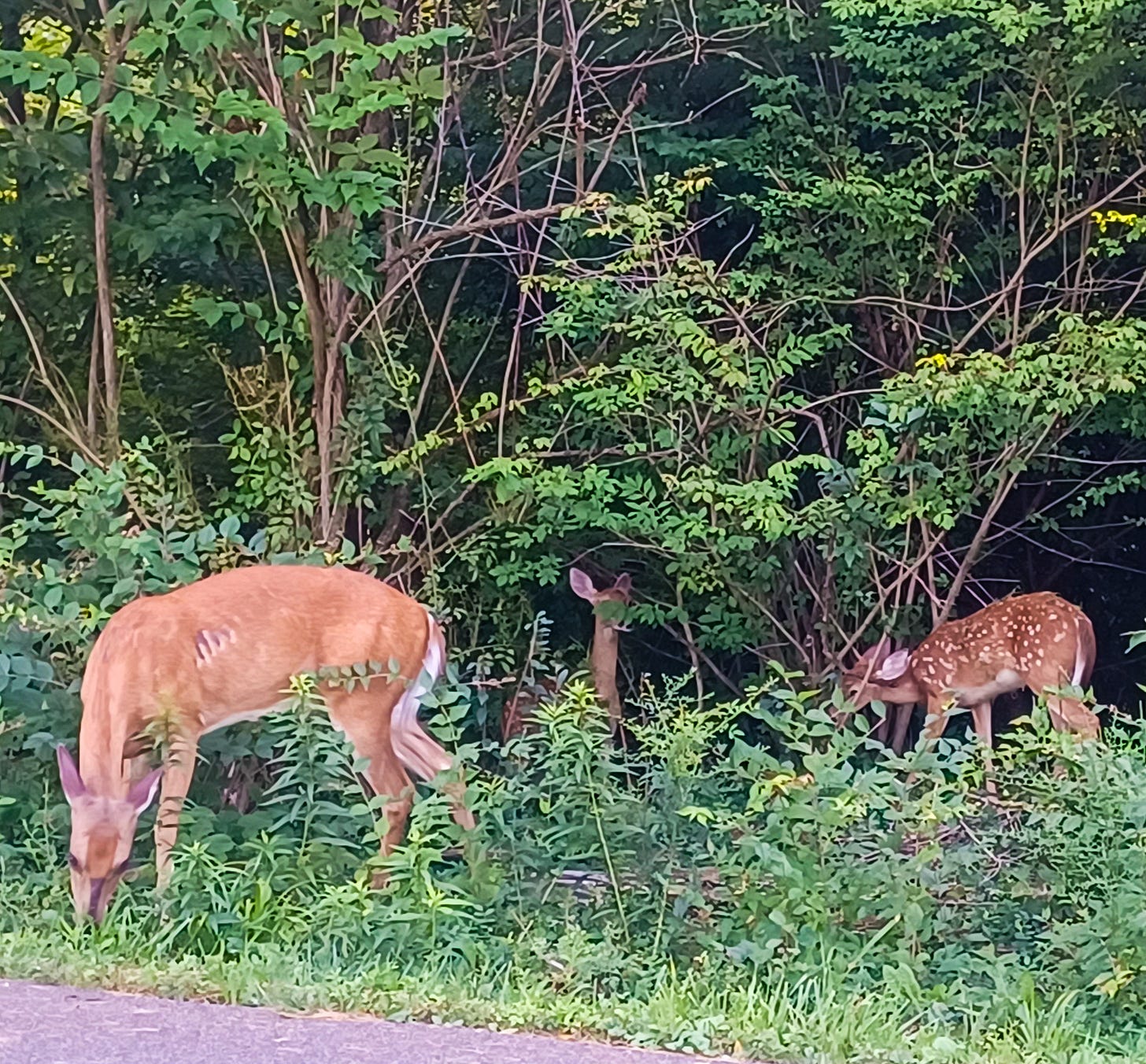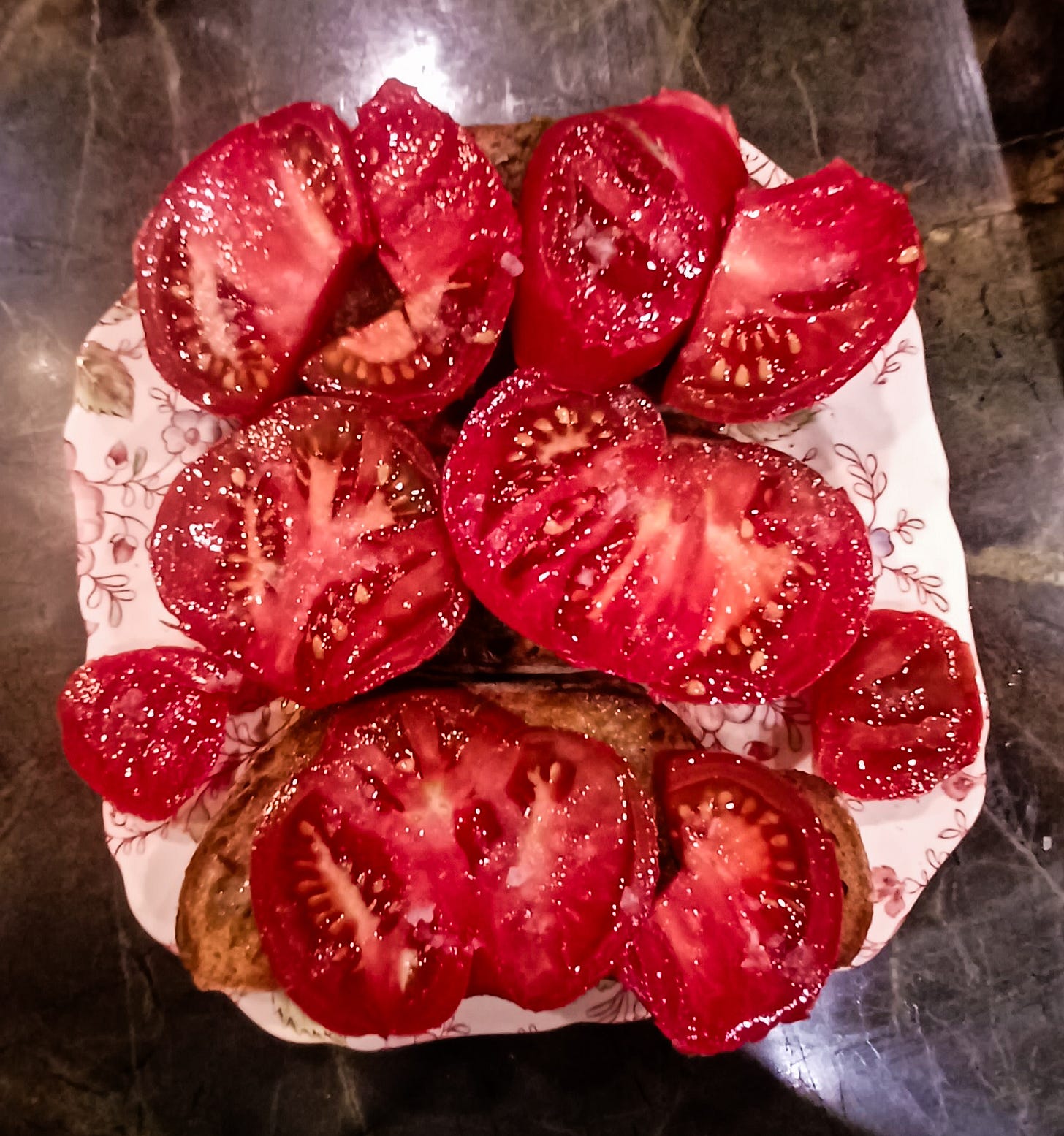“Where have I been all summer while the world has been eaten?” Annie Dillard asks, and me too.
Lughnasa is upon us, if you like me are keeping time with the Celtic wheel of the year. This means we’ve passed mid-summer and the holiday traditionally marks the beginning of the harvest and “a great festal month” according to the Coligny Calendar found near Lyon, France, which dates from around the second century BC - one of the most densely informative artifacts of Celtic culture that we have. It’s wild to think about how much people partied in the Olde Days - even up through much of the medieval period in western Europe, peasants celebrated over one hundred and fifty feast days by some accounts, in which games and feasting were prominent and nobody did any work.1
It’s on my list but since I haven’t yet read the 700-page tome The Feast of Lughnasa by Maire MacNeill, which seems to be considered authoritative, we’ll settle for some snippets from Myths and Legends of the Celts by James MacKillop, which I’ve been digging through for the zine I’m working on for paid subscribers. The zine is about a startling dream I had with some big mythic resonances, accompanied by some wild IRL synchronicities, that led me to take a course of action that nearly resulted in catastrophe (more info about that soon, I hope).
MacKillop says: “Celebrants enjoyed climbing hills, both to pray and to gather bilberries that matured at this time. … Following nature’s example, it was also a time of increased human sexual activity.” And then he ends on this somewhat ambivalent note: “Widespread practices through the insular Celtic countries as well as portions of England and France speak for the antiquity of the calendar feast as well as the importance it once had in the lives of most people. Perhaps there was no way for Lughnasa to survive in a society that has insulated us from the significance of natural processes[.]” Well not with that attitude, my dude!
The harvest marks the pendulum starting to creep back towards winter - the days, though barely noticeable, have started to shorten. Here in southern Indiana it’s intensely muggy and we get a big thunderstorm every day and I wonder when we’ll get that first, startling fresh breath of autumn on the air. Maybe not for a while, maybe any day now. Wherever you are I hope you’re climbing hills and picking what’s ripe, whether literally or metaphorically.
It’s a new month in a place that’s still new to me, which will be new to me for the foreseeable future. There is the hopeful optimism that every new endeavor begins with when that endeavor is just an idea, when it hasn’t been anchored to reality with the roots of practice. The practice of rooting into a new place is by definition one of expansion, and for me, expansion always comes with an equal or greater amount of contraction. This looks like the twin serpents of anxiety and depression, wrapping their long, smooth bodies around me and squeezing tight.
It is frustrating because it is so counter-intuitive. In the short time I’ve been here, just about every intentional act of expansion, “putting myself out there,” has been rewarded with some really beautiful interactions in which strangers have been kinder and friendlier to me than I would ever hope them to be. I have started working in the Bloomington Community Orchard, its delights made somewhat famous by Ross Gay in his Book of Delights, among others. My first work day ended with me and four other women huddling under the overhang of the orchard’s tool shed for shelter from a surprise downpour, chatting about the city’s urban garden infrastructure (being implemented as a method to combat climate change, which I think is pretty cool) and exchanging recipes and phone numbers.
“Mere, how do you make friends in a new place?” asked one of the women, about to move to a new place herself. I said something vague at the time, but upon further reflection, showing up is really the only thing that matters. That, of course, is always the hardest part. I am noticing this time around that it helps a lot to take the pressure off each interaction. When I don’t hope! - hope! oh god please let this be the one! - that every person I interact with will be my new best friend, I make room for life to unfold as it will. It can be awkward and uncomfortable or it can be easy and really, truly wonderful, or anywhere in between the two.
I know this and I’m also trying to take the pressure off when the familiar twin serpents creep in, with fear and panic and overwhelm about the bigger picture, the election, the future, the world - what is agency, what is beyond our control, what do we need to be doing collectively and individually right now - mentally I dig myself a hole that feels pointless to try to climb out of. Nothing to do except keep digging and wallow in its acrid brine. Going into the hole is a kind of isolation that takes me away from life. It is a way of abdicating presence, it is a form of obliteration, annihilation; it takes me out of membership with the living. It feels horrible and amazing. I can’t stay there too long but I also can’t beat myself up too much for wanting to vacation there for a while.

This time of year has got me thinking about the onion house at the farm in Urbana where I used to work. There, as on many farms in this part of the world, onions are harvested starting in the middle of summer. They’re pulled out of the ground and their tops (once green, now withered to brown, which is one of the ways you know they’re ready to harvest) are lopped off at a length of a couple inches - not too short or too long. Then they’re placed in crates and stacked somewhere with good air ventilation. At this farm, at this point in the summer, what had been the start house where baby seedlings were warmed and protected from the elements in the spring now becomes the onion house, where the crates of onions are left to cure with the fans blowing full force through the space to encourage circulation. In time, someone needs to go through all of the onions to clean the cured ones (pulling off the dirt-encrusted outer-most layer and rubbing clean the roots with their dried clumps of earth that get pulled up with the onion) and sorting out the rotten and soon-to-be-rotten ones.
There’s a certain amount of failure-to-cure to be expected at that scale, which means that a certain number of onions in the onion house rot. As with everything on a farm, some years are worse than others. Have you ever smelled the stench of a rotting onion? How about dozens of them in a small space? It is a unique smell that’s as layered as the onions themselves. It’s like…BO concentrate, but it also might remind you of a Philly cheesesteak, if that cheesesteak was actually a dumpster full of cheesesteaks that have been baking in said dumpster in full sun all summer. You know immediately that it is the smell of decomposition. And the aspect of sorting the onions that is arguably worse than the smell is the way the rotten ones surprise you. They look identical to the perfectly cured onions - it’s only when you pick one up and find that it is ~pudding~ inside the skin that you’ll know it’s gone bad. And if you are perhaps surprised by this revelation and drop the rotten onion, as I did a couple times in the beginning, it will splatter on the floor in a way that is, let’s just say, revealing.
Anyway, all this made working in the onion house, understandably, quite undesirable amongst the employees of the farm. But I loved it. I was always up for working in there for any amount of time. The smell didn’t bother me so much, and it meant hours of solitude doing just one task while standing - something I coveted because of the way all the bending over to harvest everything else felt like murder on my lower back over time. I was also the slowest person on the crew, so this was, from a business perspective, a more economical use of my labor-time. During that first year of Covid, before the vaccine when we were absolutely terrified, we all wore masks even outside all through the summer whenever there was another person working in the same field (this almost gave my friend Alex and I heat stroke when trying to pound tomato stakes into the ground in 90 degree heat) - so getting to work alone meant a reprieve from that specific discomfort.

What did I think about, marinating for all those hours in the rotten onion stink? I was alone but not lonely. And now it’s like I’ve been inoculated against most bad smells - rolling my eyes when my partner remarks that something stinks. You don’t even know - you don’t even know!!! - what bad smells like, I think to myself, smugly.
Still in my wild plum feelings but feeling somewhat healed by eating a wild plum galette made by a new acquaintance from the community orchard who runs a cottage-industry bakery out of her kitchen - delightful - and by this poem I came across last week:
Wild Plums by John R Carpenter
They change from purple to brown as they soften and take leave of the small mats of their skins, their shadows deepening, sinking. The earth is fermenting. You know you have been here before and that you can stay a long time under the trees, gathering shadows— they are tightly packed with all the places you have been and with any day of pouring rain or rustling branches, a whole landscape of future events: the edge of dawn moving through dead leaves from east to west over a curved skin, the sun bright as juice breaking in the mouth in its shape of morning.
Thanks for reading. See ya next time <3
Perennial reminder here to read Caliban and the Witch by Silvia Federici. I wrote at some length about this a while back, too.






There are many lovely things to be said about this piece, but — cue my ultimate horror at your description of onion-stink (pudding???). Also cue me being very impressed that you took up that post willingly, because that is the kind of strength (and maybe nose-blindness) we are going to need in the revolution.